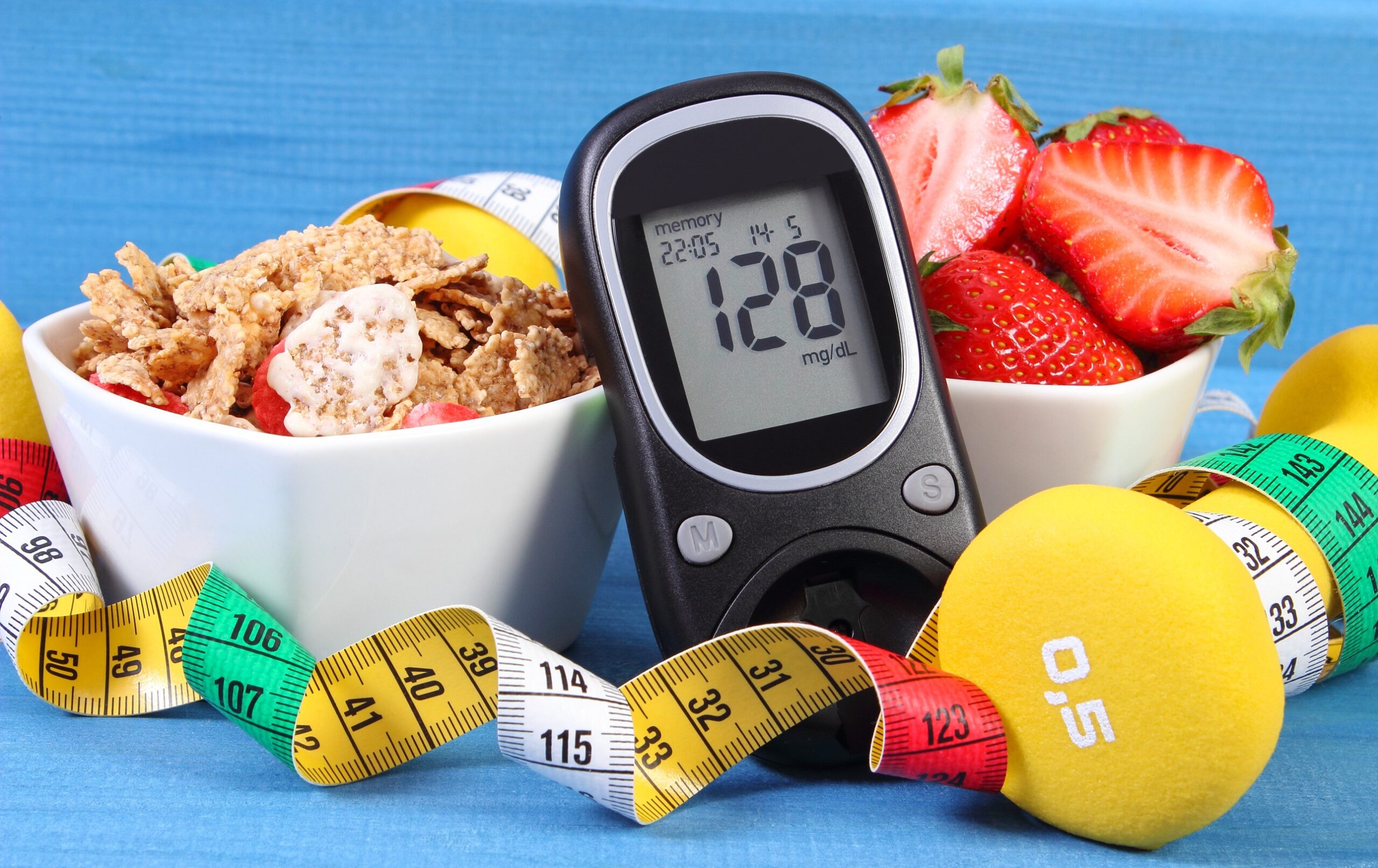Weight loss drugs, when used appropriately and under medical supervision, can offer significant benefits for individuals struggling with obesity and related health issues. These medications can be a valuable tool that helps patients who are having trouble losing weight achieve and maintain a healthier figure.
When traditional methods such as diet and exercise alone have proven insufficient, weight loss drugs can offer an alternate pathway to a healthier BMI. However, every medication has risks and side effects. It’s important to be aware of the possible pitfalls of a prescription before you start taking it. Here are 10 potential dangers of weight loss drugs that patients should know about.
1. Potential Cancer Risk
According to Johns Hopkins, certain weight loss drugs could potentially increase patients’ risk of developing thyroid cancer. Reportedly the risk may rise the longer you remain on the medication. Keep in mind that thyroid cancer is rare. However, this possible side effect may be cause for concern if you have a family history of this type of cancer.
2. Long-Term Use May Be Necessary
According to John Hopkins, another drawback of weight loss drugs is that you may regain the weight if you stop taking them. In order to maintain your weight loss, you may need to remain on medication long-term or for life.
Since these medications can be expensive, long-term use can cause financial strain for patients. As a result, it may be better for some patients to explore more affordable weight loss options, such as using weight loss apps or working with a dietician.
3. Mental Health Issues
According to AARP, suicidal ideation has been associated with some weight loss medications in the past. However, more recent studies have failed to establish a clear relationship. Still, monitoring by a healthcare professional is crucial to detect and manage potential adverse mental health effects. Getting proper supervision is especially important if you’ve experienced depression, anxiety, or other mental health conditions before.
4. Gastrointestinal Problems
According to Scientific American, some weight loss drugs can cause gastrointestinal issues, including nausea, vomiting, diarrhea, and constipation. Gastroparesis is another potential side effect, which is a disorder that disrupts and slows digestion.
Side effects like chronic diarrhea can lead to dehydration and electrolyte imbalances if not managed properly. Gastrointestinal problems can also be uncomfortable for patients and potentially make it harder for them to enjoy a varied, healthy diet.
5. Low Blood Sugar
According to AARP, another possible side effect of weight loss drugs is low blood sugar. As such, patients may need to watch out for possible signs of low blood glucose, such as weakness, shaking, hunger, dizziness, and chills or sweats. It’s important to seek medical treatment if any of these signs appear. Getting proper care from a doctor is important as low blood sugar can be dangerous.
6. Hair Loss
AARP reported that some individuals experience hair loss while on weight loss medications. Patients hoping to improve their appearance by taking these drugs may be disappointed to learn that they can cause hair thinning. If losing hair will cause your self-confidence to decrease, it may be better to pursue a different option. Other weight loss methods such as exercising and cleaning up your diet typically don’t cause hair loss.
7. Fatigue
According to the University of California San Francisco, certain diet drugs can also cause fatigue. When taking new medications, it’s always important to pay attention to how they affect your energy levels. Feeling sleepier than normal can be a safety risk, especially while you’re driving or operating heavy machinery. So it’s important to take this potential danger of weight loss drugs seriously.
8. Rare Complications
There are also rare complications that may be associated with certain weight loss drugs. Patients may possibly develop gallbladder inflammation, kidney injuries, or pancreatitis. Keep in mind that less than 1% of patients experience these potential dangers of weight loss drugs according to UCSF. Always ask your doctor if you have any concerns about side effects.
9. Aspiration During Sedation
Aspiration during sedation is another potential danger of weight loss drugs according to Johns Hopkins. Due to the risk that patients will choke during surgery, they may need to temporarily discontinue use of the medication before undergoing an operation. Always make sure to inform your surgeon of any medications you’re on during the initial consultation. That way they’ll be able to give you accurate pre-surgical instructions that will help keep you safe during the surgery.
10. Weight Loss Drugs May Not Work For Everyone
Weight loss medications may not work for everyone. For example, they aren’t recommended for women who are pregnant or breastfeeding. Diet drugs can also have negative interactions with other prescription medications, making them unsuitable for some patients with certain conditions.
If you’re wondering if weight loss drugs are right for you, it’s important to consult with your doctor. They’ll be able to inform you about the benefits and potential dangers of weight loss drugs based on your specific health situation, allowing you to make an informed decision.
Make an Informed Decision
Weight loss drugs, often marketed as a quick solution to shed excess pounds, are increasingly popular among individuals seeking to achieve their ideal body weight. However, while these medications can offer benefits, they are not without significant risks.
The potential dangers associated with weight loss drugs can impact both physical and mental health, making it essential for users to be fully informed. Understanding these risks can help individuals make safer choices and work closely with healthcare professionals to mitigate potential adverse effects.
Read More
13 Fast Food Items Boomers Love That Gen Z Won’t Touch
The Top 12 Dangerous Beauty Trends Everyone’s Obsessed With But Shouldn’t Be

Vicky Monroe is a freelance personal finance and lifestyle writer. When she’s not busy writing about her favorite money saving hacks or tinkering with her budget spreadsheets, she likes to travel, garden, and cook healthy vegetarian meals.











